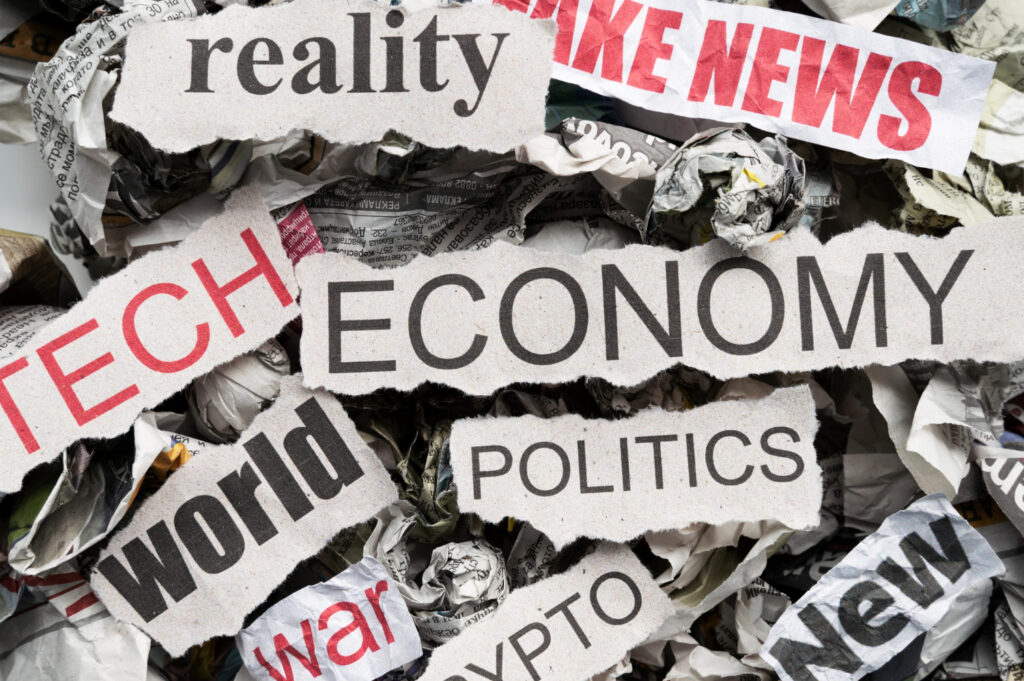Global Policy Shifts Are More Than Just Headlines
When the U.S. announced a 50% tariff on certain Indian goods, it wasn’t just a trade policy—it was a wake-up call. For many SMEs, particularly in manufacturing and export, such moves can compress margins, disrupt buyer confidence, and throw growth plans into chaos.
The reality is that global trade is shaped by forces you can’t control. What you can control is how your business adapts, diversifies, and positions itself for resilience.


Why Tariffs Hit SMEs the Hardest
While large corporations can absorb shocks or lobby for changes, SMEs often feel the pinch almost immediately. Tariffs can lead to:
- Sudden cost increases on exported goods
- Loss of competitiveness in price-sensitive markets
- Delays or cancellations in confirmed orders
- Increased working capital pressure
This is where working with a forward-thinking CA firm or Virtual CFO becomes a game-changer. They don’t just prepare tax filings—they help you model scenarios, adjust cash flow strategies, and plan market pivots before a policy change hits your bottom line.
Four Growth Moves for SMEs During Global Disruptions
Case in Point
An SME client manufacturing engineering components faced order delays due to recent tariff news. By re-pricing contracts, accelerating domestic orders, and tapping into an under-served Asian market, they recovered 85% of the projected revenue loss within the quarter.
Final Word: Tariffs Will Pass, But Your Moves Decide the Outcome
Global economic tremors are inevitable—but chaos is optional. The firms that emerge stronger are those that treat disruptions as catalysts for strategic change, not roadblocks.
Take the Next Step in Strategic Resilience
→ See Our Strategic Finance & CFO Services
→ Book a Consultation With Our Experts
